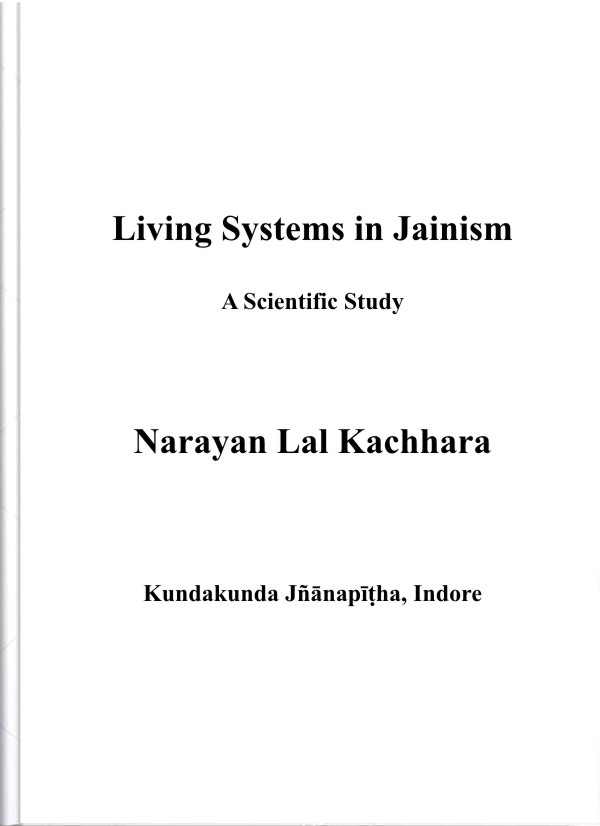Sudharma went to Mahavira next. Mahavira addressed him, "Sudharma! You have a doubt about whether the next life of the soul is similar to the present life. You have this doubt because you have not properly followed the Vedas.
"The action that follows a cause also becomes a cause for future action. Although it is agreed that the cause decides the action, that does not rule out diversity of action. It cannot be said with certainty that a human being will be born as a human being again in the next birth. The seed for the next life is karma and not the soul. As the karma of each soul is different, different souls are diverse in the next births. Karma is comprised of pudgala (matter) and karman vargana (subtle form), and its nature is determined by the behavior of the soul. The attachment and aversion qualities of the soul are the main reasons for this diversity of karma.
"You may say, why should karma decide the next birth? If karma is not the deciding factor, then there could not be a next birth and all efforts of penance and religious practices for Moksa are likely to go to waste. Further, in the absence of karma the diversity that we observe in life would not exist. Thus ignoring karma raises many questions.
"You may also say that the next birth is decided by the nature of the soul and not by karma. First think: what is the nature of the soul? Is it an object, or the absence of a cause, or is it its attributes? It is obvious that the soul, being inaccessible, is not an object. If it is inaccessible, can it still be assumed to inherit a nature? If so, then what is the objection to assuming the existence of karma in the inaccessible soul? Further, we do not have a cause for the diversity of the nature of beings and the diversity of life except karma. The option that the soul is the absence of a cause also presents many problems. Similarly, the third option (attributes of the soul) does not offer any ground for the diversity of life. When we try to explain this diversity with the help of the effect of matter, it converges to the concept of karma.”
Satisfied by the arguments of Mahavira, Sudharma and his 500 disciples accepted the Order of Mahavira.
 Dr. N.L. Kachhara
Dr. N.L. Kachhara
